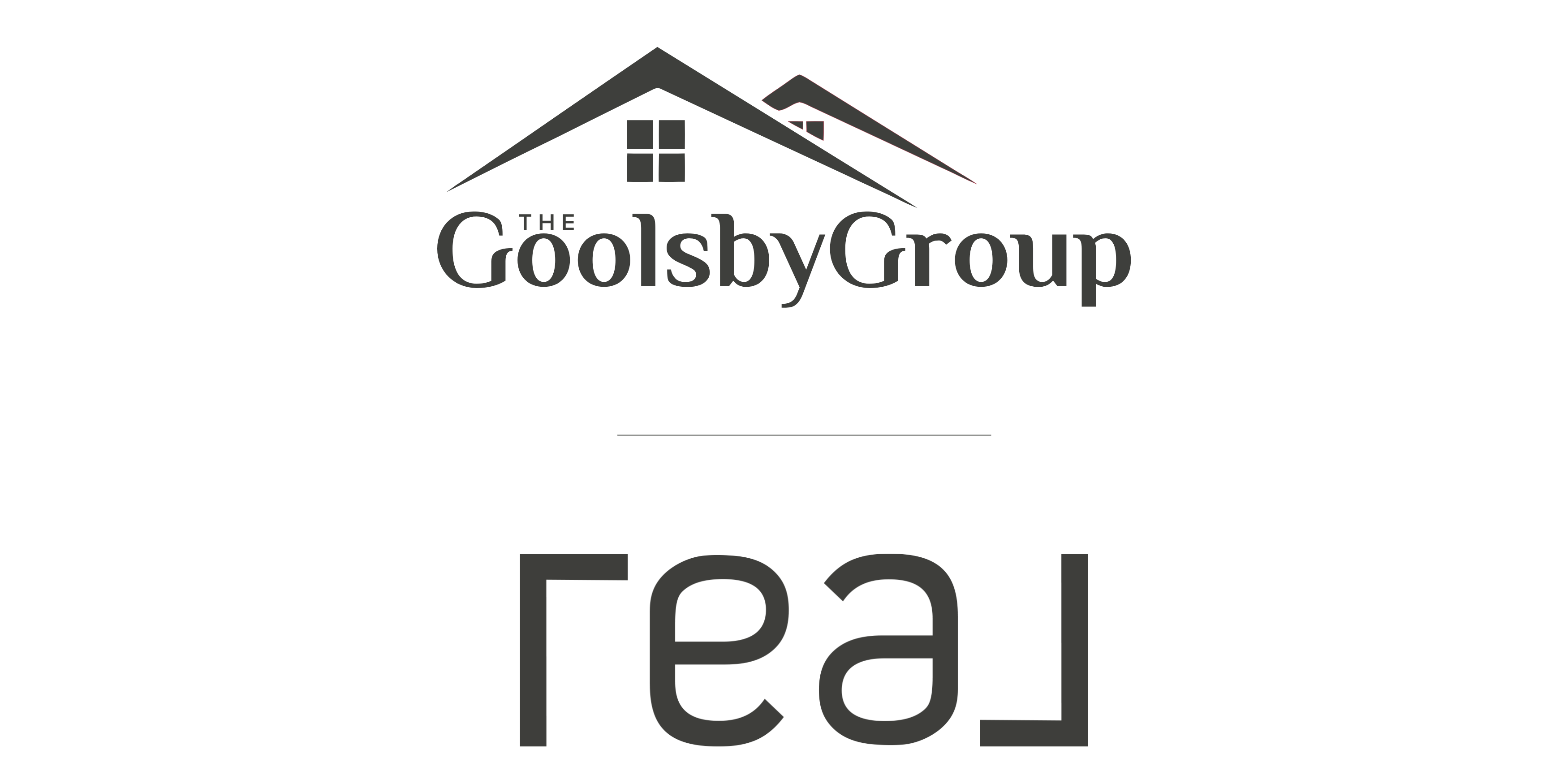How Renting Affects Your Health
The National Association of Realtors has released a study recently. The study is titled Social Benefits of Homeownership and Stable Housing.’
We've talked about how homeownership creates wealth and stability, but NAR's recent study has shown a number of positive social, economic, family and civic outcomes related to homeownership.
The following are some of the major findings on this issue:
- In affordable housing most especially, the homes of owners are typically in better condition than the homes inhabited by renters.
- Increases in housing wealth are closely associated with better health of homeowners.
- Low-income renters who recently became homeowners reported higher life satisfaction, greater self-esteem, and more perceived control over their lives.
- Overall, homeowners have reported higher self-esteem and more happiness than renters have stated. (Measuring this can be difficult, so for an example, "homeowners are more likely to believe that they can do things as well as anyone else, and they report higher self-ratings on their physical health even after controlling for age and socioeconomic factors.")
- Renters who become homeowners not only experience a significant increase in housing satisfaction but also obtain a higher satisfaction even in the same home in which they resided as renters.
- These feelings begin during childhood. "Social mobility variables, such as the family financial situation and housing tenure during childhood and adulthood, impacted one’s self-rated health."
- On average, homeowners have a dramatic health advantage over renters. The study states homeowners are 2.5 percent more likely to have good health. When taking demographic, socioeconomic, and housing–related characteristics into consideration, the homeowner advantage grows to 3.1 percent.
.png)
.png)

